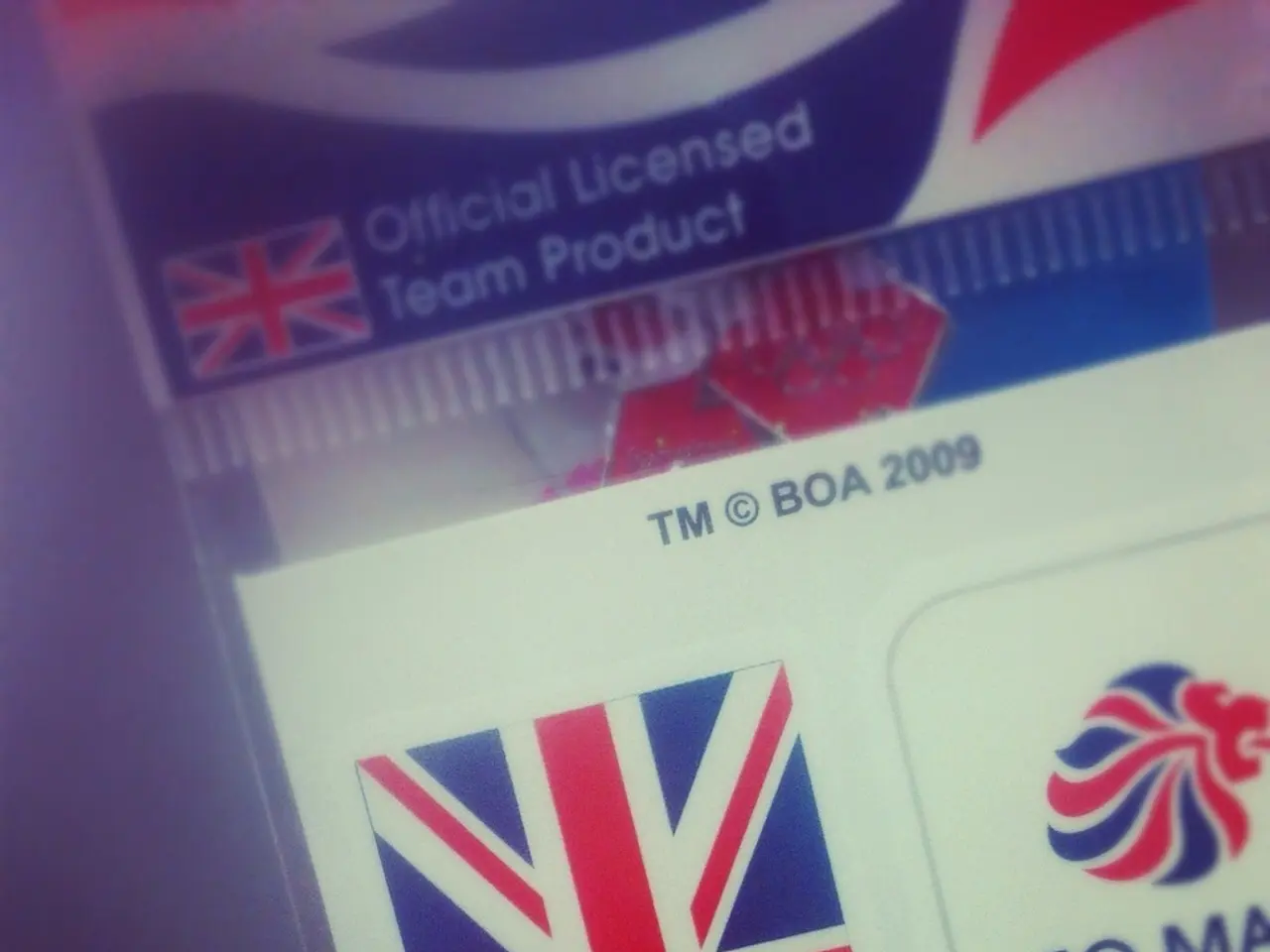U.S. President Trump Issues decree, Prohibiting USPTO staff from joining POPA, While Telework Arrangements Remain Unaffected
The United States Department of Defense (DoD) is responsible for all aspects of national defense, including military operations, intelligence, and related agencies such as the National Security Agency (NSA) and Defense Intelligence Agency (DIA). However, a recent executive order has caused controversy within the U.S. Patent and Trademark Office (USPTO).
President Donald Trump issued an Executive Order in December 2024, excluding employees in the patents unit and Office of the Chief Information Officer (OCIO) of the USPTO from joining the Patent Office Professional Association (POPA) and the National Treasury Employees Union Chapter 243. The Order, titled "Further Exclusions from the Federal Labor-Management Relations Program," aims to enhance national security.
The Order determines that the Office of the Commissioner for Patents and subordinate units, Patent and Trademark Office have a primary function of national security work. As a result, employees in Patents and OCIO are no longer represented by unions (POPA and NTEU 243). These changes are effective immediately, and do not affect employees in other business units.
POPA, which represents federal workers across 38 departments and agencies, including paralegals, IT specialists, IT project managers, customer service representatives, legal instrument examiners, budget analysts, and other support staff in the USPTO, has voiced concern over the executive order. They are suing the administration, alleging that the USPTO does not assess whether the release of patent applications could harm national security and that national security is an ancillary, rather than primary, function of most patent examiners at the USPTO.
The administration's decision has sparked debate on social media platforms like LinkedIn and Reddit, with many questioning the premise that all patents have national security implications. Jeannie Z. Taylor of Learning Design Alchemy wrote, "I know an examiner who got that email yesterday while she was working on a patent for a new lipstick formulation. National security, my arse."
Former USPTO Commissioner for Patents Bob Stoll questioned the rationale for the Order, stating that it is just another attempt by this Administration to destroy collective bargaining. Both POPA and the National Weather Service Employees Organization allege that the Administration's actions are retaliatory due to their vocal opposition to its efforts to end telework and reduce staffing.
In December 2024, POPA signed the first new Collective Bargaining Agreement (CBA) for patent-side employees at the USPTO in nearly 40 years. The new CBA had a five-year term and covered more than 9,600 employees. The Order does not affect trademark examiners at this time.
A Fact Sheet published with the EO explains that the Office of the Commissioner of Patents, Patent and Trademark Office (PTO) has the task of reviewing inventions made in the United States, assessing whether their release could harm national security, and if so, issuing secrecy orders that prevent public disclosure. Effectively performing this work is essential to ensuring U.S. inventions with military or other national security applications do not fall into enemy hands.
Newly hired examiners are now required to work in-office for one year. The USPTO Acting Director Coke Stewart's memo states that neither the EO nor the EO issued March 27, 2025, will affect any employee's duty station, salary, health and retirement benefits, work hours, award programs, or the like.
The controversy surrounding the executive order continues, with both sides presenting their arguments. The future of union representation for patent office workers remains uncertain.
Read also:
- United States tariffs pose a threat to India, necessitating the recruitment of adept negotiators or strategists, similar to those who had influenced Trump's decisions.
- Weekly happenings in the German Federal Parliament (Bundestag)
- Southwest region's most popular posts, accompanied by an inquiry:
- Discussion between Putin and Trump in Alaska could potentially overshadow Ukraine's concerns







